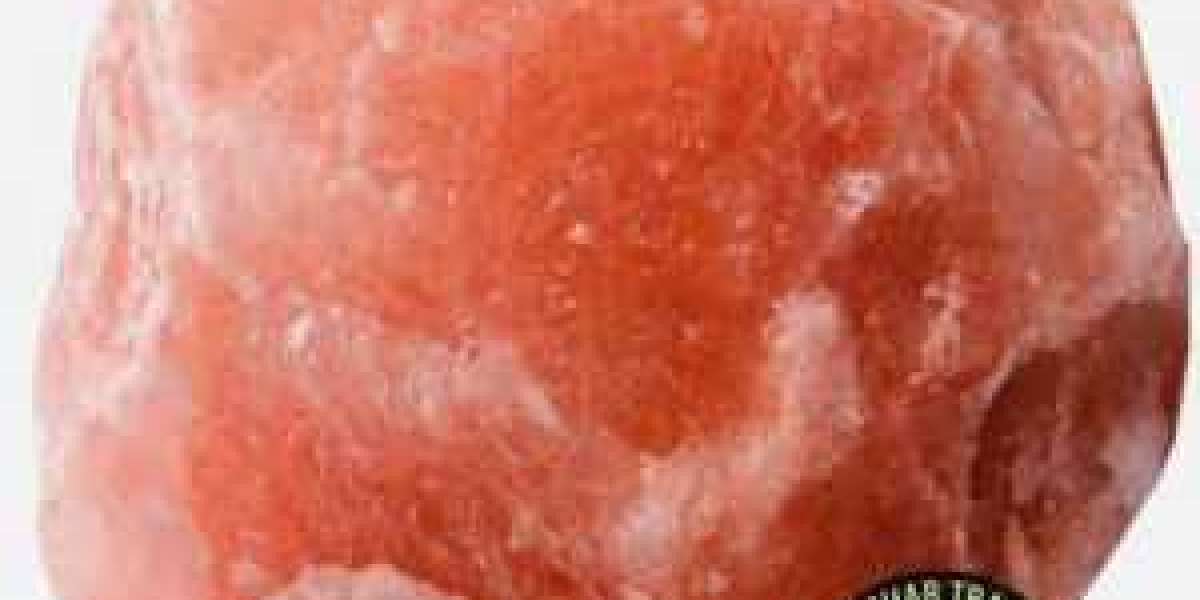Goats are fascinating creatures with unique habits and behaviors that have intrigued humans for centuries. Among their many peculiar habits, one stands out—their love for licking salt. Whether in the wild or on farms, goats’ instinctive need for salt serves essential purposes for their health and well-being. In this article, we delve into the science, importance, and cultural significance of this behavior.
The simple act of goat licking salt is more than just a quirky habit, it’s a vital behavior deeply rooted in their biology and evolution.
Why Do Goats Lick Salt?
The Biological Need for Salt
Salt, or sodium chloride, is a crucial mineral for all living creatures, including goats. It plays a significant role in various physiological processes:
Electrolyte Balance: Sodium helps maintain the balance of fluids in the body.
Nerve Function: Sodium ions are essential for transmitting nerve impulses.
Muscle Contractions: Proper levels of sodium ensure that muscles, including the heart, function correctly.
Digestive Health: Chloride aids in the production of stomach acid, crucial for digestion.
Evolutionary Adaptation
In the wild, goats often roam over large areas searching for food and essential nutrients. Their natural habitat may lack sodium-rich vegetation, which drives them to seek alternative sources like salt deposits or mineral-rich rocks. This instinct has been passed down through generations, making salt consumption a fundamental part of their behavior.
Salt in Domestic Goat Farming
Supplementing Salt for Farm Goats
Domestic goats may not have access to natural salt deposits. As a result, farmers provide salt licks or mineral blocks to meet their nutritional needs. These are typically made from compressed salt and may include additional minerals like calcium, magnesium, and zinc.
Benefits of Providing Salt Licks
Improved Health: Regular salt intake boosts immune function and prevents deficiencies.
Better Digestion: Salt aids in the breakdown of food, promoting efficient nutrient absorption.
Enhanced Reproduction: Sodium and other minerals improve fertility and overall reproductive health.
Behavioral Enrichment: Salt licks provide mental stimulation, preventing boredom in confined goats.
Risks of Overconsumption
While salt is essential, excessive intake can lead to health issues such as dehydration, kidney strain, or even salt poisoning. Farmers must monitor the availability and consumption of salt licks to prevent overuse.
The Science Behind Salt Preferences
Taste and Sensory Perception
Goats have a highly developed sense of taste, enabling them to detect salt even in minute quantities. This sensitivity ensures they consume just enough to meet their needs without overindulging.
Note: goat licking salt have a highly developed sense of taste, enabling them to detect salt even in minute quantities.
Behavioral Studies
Research shows that goats demonstrate a preference for flavored mineral blocks over plain ones. This finding has encouraged manufacturers to produce a variety of flavored salt licks, including apple, molasses, and peppermint, to cater to their tastes.
Wild Goats and Salt-Seeking Behavior
Natural Salt Deposits
In the wild, goats often travel great distances to find salt. These natural deposits, formed by evaporated water bodies or mineral-rich soils, become hotspots for wildlife activity.
Iconic Examples
Mountain Goats in the Rockies: Known for their agility, these goats climb steep cliffs to access salt-rich outcrops.
Himalayan Ibex: Found in high-altitude regions, these goats rely on salt deposits to survive in harsh conditions.
Ecological Significance
Salt deposits not only sustain goat populations but also support entire ecosystems. Their presence attracts various animals, creating biodiversity hotspots.
Cultural and Historical Perspectives
Goats and Salt in Ancient Times
Throughout history, humans have recognized the importance of salt for goats. Ancient herders often traded salt for livestock, considering it a valuable commodity.
Folklore and Myths
In many cultures, goats and salt feature prominently in folklore. For instance, some traditions associate goats’ love for salt with their supposed connection to nature spirits or gods of fertility
Practical Tips for Goat Owners
Choosing the Right Salt Lick
When selecting a salt lick for your goats, consider the following:
Composition: Opt for mineral blocks with essential nutrients.
Flavor: Choose varieties your goats enjoy to encourage regular use.
Placement: Place the lick in a sheltered, easily accessible location.
Monitoring Salt Intake
Observation: Regularly observe your goats’ behavior around the salt lick.
Water Access: Ensure fresh water is always available, as salt increases thirst.
Veterinary Advice: Consult a veterinarian for personalized recommendations.
Common Myths About Goats and Salt
Myth 1: Goats Can Survive Without Salt
While goats are hardy animals, they require salt for optimal health and cannot thrive without it.
Myth 2: Any Salt is Suitable for Goats
Goats need salt supplemented with minerals, as plain table salt may lack essential nutrients.
Myth 3: Goats Overconsume Salt if Given Free Access
Goats self-regulate their salt intake, consuming only what they need in most cases.
Conclusion
The simple act of licking salt is more than just a quirky habit for goats; it’s a vital behavior deeply rooted in their biology and evolution. For domestic and wild goats alike, salt is essential for maintaining health, supporting reproduction, and ensuring survival in challenging environments. By understanding this behavior, we can better appreciate these remarkable animals and provide for their needs effectively.


